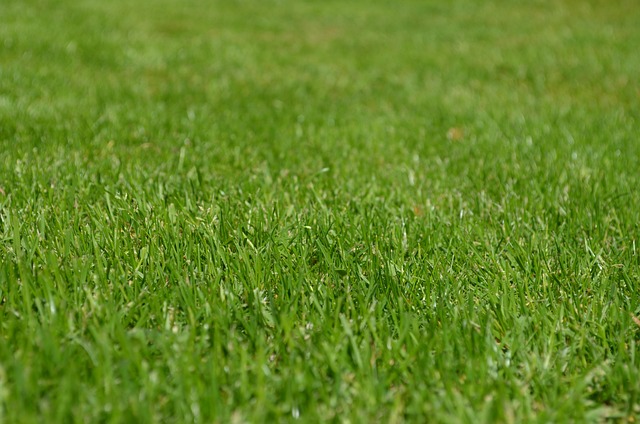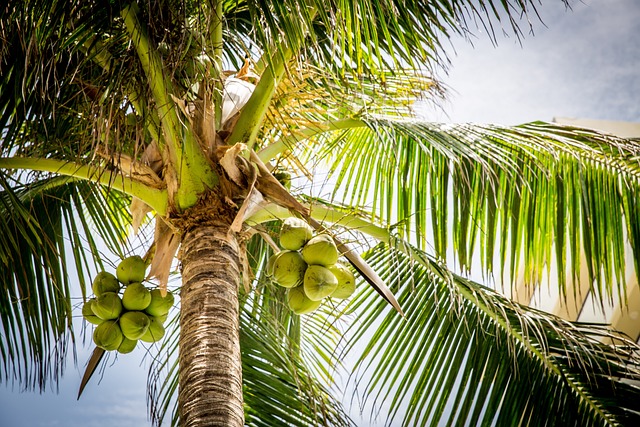Yard waste, often sent to landfills where it produces methane, is an environmental challenge. Sustainable yard maintenance practices, focusing on Yard Waste Removal and Recycling, minimize this impact. Composting reduces waste and provides nutrient-rich soil, while water conservation methods preserve resources. These eco-friendly approaches benefit both your garden and the environment, fostering sustainability for future generations.
In today’s eco-conscious world, responsible yard maintenance is not just about aesthetics but also sustainability. With proper care, we can reduce environmental impact while enhancing our outdoor spaces. This article explores “The Impact of Yard Waste,” highlighting the problems associated with traditional practices. It delves into “Sustainable Solutions for Effective Yard Maintenance,” offering eco-friendly alternatives for every step. Finally, it discusses “Implementing Eco-Friendly Practices for Long-Term Benefits,” emphasizing how small changes in yard care can lead to significant environmental gains, including efficient yard waste removal and recycling.
- The Impact of Yard Waste: Understanding the Problem
- Sustainable Solutions for Effective Yard Maintenance
- Implementing Eco-Friendly Practices for Long-Term Benefits
The Impact of Yard Waste: Understanding the Problem

Yard waste, often overlooked, presents a significant environmental challenge. Organic materials from lawns and gardens, if not properly managed, contribute to substantial amounts of landfill waste. This is a pressing issue as yard waste removal and recycling are essential components of sustainable practices. When sent to landfills, these organic compounds decompose anaerobically, releasing methane, a potent greenhouse gas that exacerbates climate change.
Moreover, traditional yard waste disposal methods further deplete natural resources. Transportation of green waste to distant landfills not only contributes to carbon emissions but also diverts energy and financial resources from more eco-friendly alternatives. Recognizing these problems is the first step towards a greener future where responsible yard maintenance practices can minimize environmental impact, promote resource conservation, and foster a healthier planet.
Sustainable Solutions for Effective Yard Maintenance

Sustainable solutions for yard maintenance are not just eco-friendly but also cost-effective. One effective strategy is to embrace yard waste removal and recycling practices. Instead of sending grass clippings, leaves, and other organic materials to landfills, homeowners can compost these resources, reducing waste and creating nutrient-rich soil amendments for their lawns and gardens. This process not only minimizes environmental impact but also fosters healthier plants by providing essential nutrients naturally.
Additionally, adopting water conservation methods is vital for sustainable yard maintenance. Simple steps like installing drip irrigation systems or using rain barrels to collect rainwater can significantly reduce water usage. These measures ensure that your yard receives adequate hydration while minimizing waste, contributing to a greener and more resilient outdoor space.
Implementing Eco-Friendly Practices for Long-Term Benefits

Implementing eco-friendly practices in yard maintenance isn’t just a trend; it’s a sustainable approach that offers long-term benefits for both your garden and the environment. By focusing on natural methods, you reduce the reliance on chemical fertilizers and pesticides, which can contaminate soil and water sources. One effective strategy is to embrace yard waste removal and recycling as part of your routine care. Instead of discarding grass clippings, leaves, and garden trimmings, compost them to create a nutrient-rich material that feeds your plants naturally. This reduces the amount of organic waste sent to landfills and closes the loop on resource utilization.
Additionally, consider native plant species for your landscaping. They require less water and maintain their vibrancy without excessive chemical intervention. This approach not only minimizes your environmental footprint but also attracts beneficial insects and wildlife, fostering a healthier ecosystem right in your backyard. These practices contribute to a more sustainable future, ensuring that our precious natural resources are preserved for generations to come.
In conclusion, sustainable yard maintenance is not just a trend but an essential practice to mitigate the environmental impact of yard waste. By adopting eco-friendly solutions like composting, native landscaping, and efficient watering techniques, individuals can contribute to reducing landfill waste and conserving natural resources. Implementing these practices not only benefits the environment but also promotes a healthier, more vibrant landscape. So, let’s take action and make our yards more sustainable, one green step at a time, ensuring a cleaner and greener future for all.














